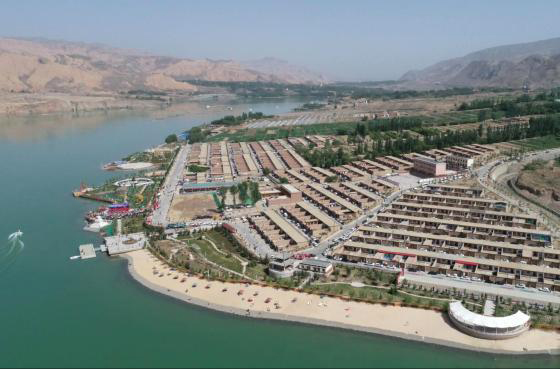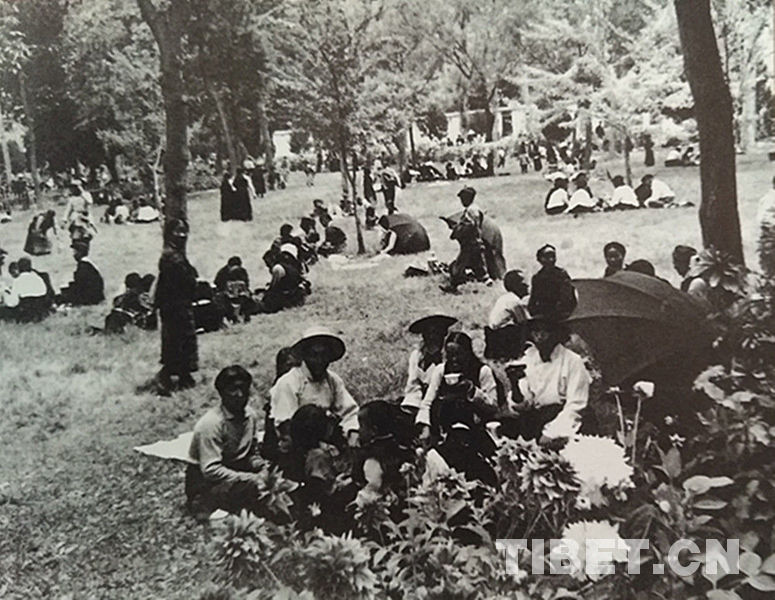Hand-pulled noodles and Tibetan medicine helping Qinghai win fight against poverty
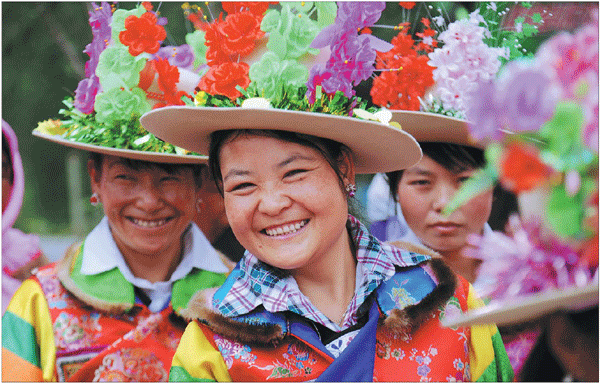
Villagers show their gratitude for their improved lives after they benefited from rural tourism, running rural breakfast-and-bed businesses and selling traditional handicrafts and other local specialties, since they were relocated from their original mountainous dwellings in 2016. [Photo/China Daily]
Qinghai province has made remarkable achievements in poverty alleviation in recent years, local officials said.
Government statistics show that since 2013, Qinghai has helped 1.08 million local people escape poverty. The incidence of poverty had decreased from 24.6 percent in 2012 to 2.5 percent by the end of 2018.
The per capita disposable income of farmers and herdsmen in impoverished areas increased from 5,594 yuan ($800) in 2012 to 10,393 yuan in 2018.
"Areas of extreme poverty are the most difficult parts of poverty alleviation in Qinghai and the province has set a goal to eliminate absolute poverty by the end of this year," said Ma Fengsheng, head of the Qinghai Poverty Alleviation and Development Bureau.
Since 2018, the Qinghai provincial government has spent more than 75 percent of its annual budget to promote social welfare including education, employment, medical care, culture and infrastructure.
Kasar village in Nangqen county at the Yushu Tibetan autonomous prefecture in Qinghai is a poverty-stricken area living on farming and herding.
In 2015, 123 out of 251 households in the village suffered from poverty.
Sotso, a local villager, said he experienced hardships when he took his son, who has epilepsy, to see a doctor due to poor traffic conditions in the past.
But now, residents can get access to safe drinking water and harvest crops with machines, thanks to the support from the government, Sotso said.
All levels of government have been dedicated to improving infrastructure in rural areas, said Ma Chengxue, Party secretary of the village.
They have helped tackle the problems of road construction, drinking water and power supply in the village over the past two years, he added.
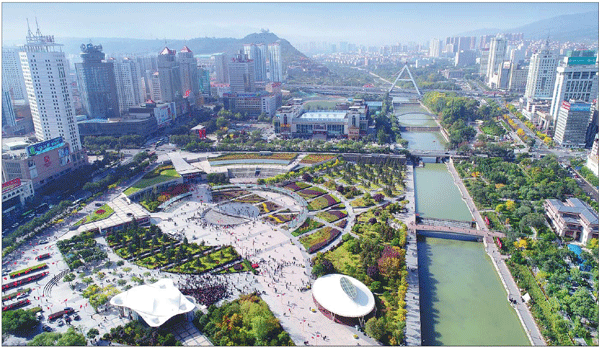
Modern face of Xining, capital of Qinghai province in Northwest China. [Photo/China Daily]
As a calling card of Qinghai, the lamian (hand-pulled noodle) sector has offered another approach to fighting poverty.
Home to the noodle, Haidong in the northeast of Qinghai province, is such an example. In the city, one out of three people is engaged in operating noodle businesses, and in its rural areas, one out of every two families runs such a business, said Ma Jinxing, head of the Haidong employment bureau.
To date, the city is home to 578 companies engaged in the noodle business, which have created 9,786 job opportunities, Ma said.
The noodle industry has helped Haidong generate 15.4 billion yuan in business revenue and realize a total of 4.2 billion yuan in employee income. In 2017, the Qinghai provincial government issued a guideline on encouraging the noodle sector and promoting employment.
The province is planning to build a noodle business hub centering on an industrial park, Ma said.
Qinghai will introduce third-party payment companies to the industrial park to offer financial services to Qinghai-style noodle restaurants and related companies, he added.
Praised as an inclusive place for traditional Tibetan medicine, Qinghai has also made full use of its advantages to develop its medical industry and improve livelihood.
To date, the province has more than 450 traditional Tibetan medical institutions and opened public Tibetan medicine hospitals in 70 percent of its counties.
"Tibetan medicine is not only a medical science but also contains profound wisdom of the Chinese nation," said Dondrub, head of the Qinghai Province Administration of Traditional Chinese and Tibetan Medicine.
Qinghai will continue to promote the culture of traditional Tibetan medicine, and develop traditional Tibetan medicine and relevant health tourism, Dondrub said.
Tibet Stories
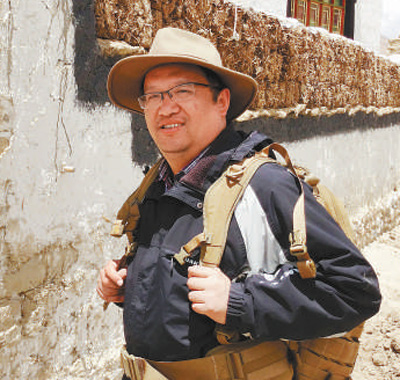
Zhong Yang: Collecting 40 million seeds for the future
"One gene may save a country, and one seed may benefit tens of thousands of people."

